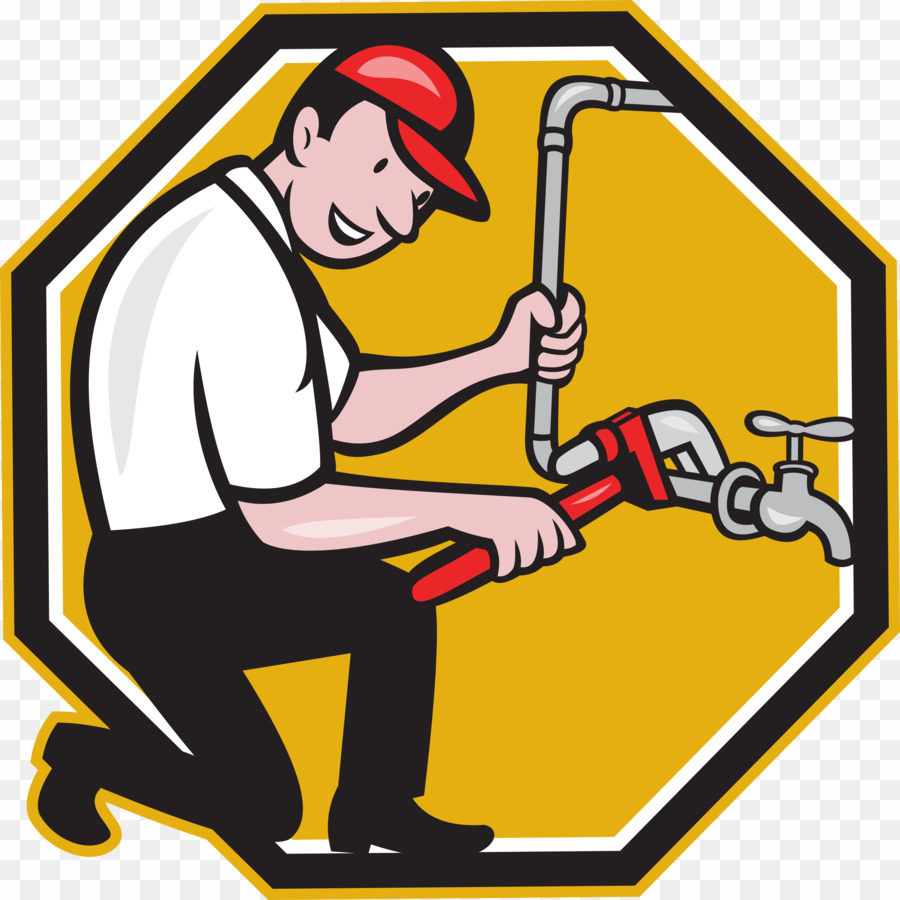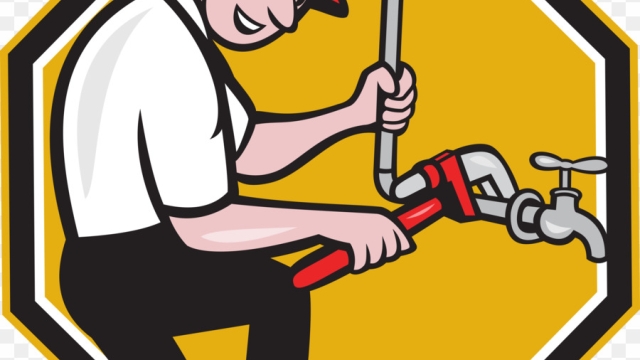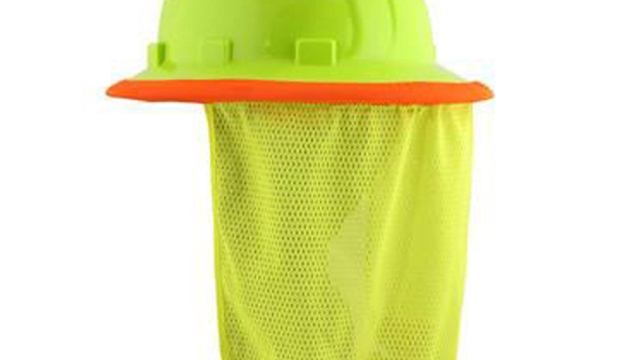Plumbing plays a vital role in our everyday lives, yet its complex and intricate nature often goes unnoticed. From the moment we turn on the faucet to brush our teeth in the morning, to the soothing hot shower at night, plumbing seamlessly delivers the essential water we rely on. However, behind the scenes lies a hidden world of pipes, valves, and fixtures, working tirelessly to ensure our modern comforts.
Guiding water from its source to various outlets throughout our homes, plumbing systems are a marvel of engineering that require careful planning and maintenance. Whether it’s installing new pipes, repairing leaking fixtures, or upgrading outdated systems, understanding the basics of plumbing is invaluable for homeowners and individuals alike. In this comprehensive guide, we will unravel the mysteries of plumbing, empowering you with the knowledge and skills to address common issues and make informed decisions when it comes to your home’s plumbing needs. So let’s grab our wrenches and embark on a journey through the intricate network of pipes and the challenges they may present.
1. Common Plumbing Issues
Plumbing systems are an essential part of our homes, responsible for keeping the water flowing smoothly and efficiently. However, like any system, they can sometimes encounter problems. In this section, we will explore some of the most common plumbing issues homeowners may face.
Leaky Faucets: A dripping faucet not only wastes water but can also be quite annoying. This common plumbing problem is often caused by worn-out washers or O-rings. Fortunately, fixing a leaky faucet is usually a simple task that can be done with basic tools and a little know-how.
Clogged Drains: Another frustrating plumbing issue is a clogged drain. Whether it’s in the kitchen sink, bathroom shower, or bathtub, blockages can occur due to a variety of reasons, such as hair, soap residue, or food particles. Depending on the severity of the clog, you may be able to resolve it using a plunger, a drain snake, or a chemical drain cleaner.
Running Toilets: A running toilet can waste a significant amount of water and impact your water bill. This issue is often caused by a faulty flapper valve or a problem with the fill valve. Checking these components and making the necessary adjustments or replacements can usually solve the problem and help restore the proper functioning of your toilet.
By understanding these common plumbing issues, homeowners can be better prepared to tackle them when they arise. However, it’s important to remember that sometimes professional help may be required, especially for more complex or severe plumbing problems.
2. Plumbing Maintenance Tips

Maintaining a healthy plumbing system is crucial to ensure the smooth functioning of your home and prevent any unnecessary issues. Here are a few plumbing maintenance tips that can help you keep your pipes in great shape:
Regularly Inspect for Leaks: Take the time to inspect your plumbing system for any signs of leaks. Check under sinks, behind appliances, and around toilets for any dripping or pooling water. Fixing leaks promptly can save you from costly repairs and prevent water damage.
Clear Clogs Responsibly: Clogs are a common plumbing problem that can disrupt the flow of water in your pipes. Avoid using chemical drain cleaners as they can damage your pipes over time. Instead, try using a plunger or a drain snake to clear minor clogs. For more stubborn clogs, it’s best to call a professional plumber.
Keep Drains Clean: Regularly cleaning your drains is an essential part of plumbing maintenance. You can do this by pouring boiling water down the drain to melt away grease and other debris. Avoid pouring oil, coffee grounds, or any other substances that can clog your pipes.
By following these plumbing maintenance tips, you can ensure that your plumbing system functions efficiently and avoid any potential problems down the line.
3. Choosing the Right Plumbing Professional
When it comes to plumbing, it’s essential to have the right professional to handle your needs. The expertise and skills of a qualified plumber can make all the difference in ensuring that your plumbing issues are resolved effectively. Here are some tips to help you choose the right plumbing professional for the job:
Seek Recommendations: Start by asking friends, family, or neighbors for recommendations. Personal referrals can provide valuable insights into the reliability and quality of a plumbing professional’s work.
Check Credentials: Always make sure to verify the credentials of any plumbing professional you are considering. Look for certifications, licenses, and appropriate insurance coverage. These credentials demonstrate their commitment to professionalism and adherence to industry standards.
Click HereRequest References: Don’t hesitate to ask the plumbing professional for references from previous clients. Speaking with their past customers can give you an idea of their track record and customer satisfaction level.
Remember, plumbing problems can often be urgent, so it’s important to choose a professional who can respond promptly to your needs. By following these steps and doing your due diligence, you’ll be on your way to finding a reliable plumbing professional who can provide you with the necessary guidance and expertise.


